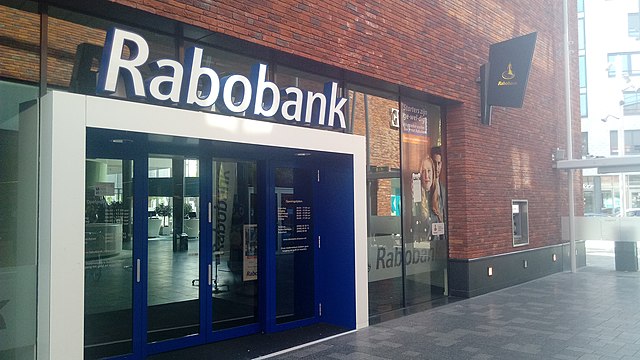Moving to a new country comes with a host of challenges, and one of the most critical aspects to consider is your financial well-being. For expats in the Netherlands, a country known for its high quality of life and robust economy, understanding the intricacies of the financial system is essential. This guide aims to provide expats in the Netherlands with valuable insights into managing their finances effectively.
Banking and Accounts:
Setting up a local bank account is one of the first steps expats should take upon arriving in the Netherlands. Major Dutch banks such as ING, ABN AMRO, and Rabobank offer a range of services tailored to expatriates. Consider factors such as account fees, online banking capabilities, and the availability of English-speaking staff when choosing a bank.
Understanding the Dutch Tax System:
The Dutch tax system can be complex, and expats are advised to familiarize themselves with its nuances. Depending on your residency status, you may be subject to different tax regulations. Seek professional advice to ensure compliance with Dutch tax laws and explore potential tax benefits available to expats.
Insurance Matters:
Health insurance is mandatory for residents in the Netherlands. Expats must acquire basic health insurance coverage within four months of arrival. Additionally, consider supplementary insurances for dental care, liability, and home contents to ensure comprehensive coverage for unexpected events.
Pensions and Retirement Planning:
The Dutch pension system is renowned for its sustainability and reliability. Expats should explore options for building a pension fund, such as joining the Dutch pension scheme through their employer or setting up a private pension plan. It’s crucial to understand how pension contributions work and how they align with your long-term financial goals.
Investing in the Dutch Housing Market:
The Netherlands has a dynamic housing market, and expats often face choices between renting and buying. Rental prices vary across cities, and expats should weigh the advantages and disadvantages of each option based on their personal circumstances. Engaging with a reputable real estate agent can provide valuable insights into the local housing market.
Financial Planning and Budgeting:
Creating a budget tailored to your lifestyle and financial goals is key to managing your finances effectively. Consider factors such as housing costs, utilities, transportation, and entertainment. Leverage online tools and apps to track your expenses and identify areas where you can optimize your spending.
Cultural and Language Considerations:
While English is widely spoken in the Netherlands, understanding basic Dutch phrases and cultural norms can enhance your financial experience. Attend local events, engage with the community, and seek advice from fellow expats to gain insights into navigating the Dutch financial landscape.

Successfully managing finances as an expat in the Netherlands requires a proactive approach and a willingness to learn about the local financial systems. By familiarizing yourself with Dutch banking, taxation, insurance, and housing options, you can pave the way for a secure and enjoyable financial journey in this vibrant and expat-friendly country. Remember to seek professional advice when needed and leverage the wealth of resources available to expatriates in the Netherlands.